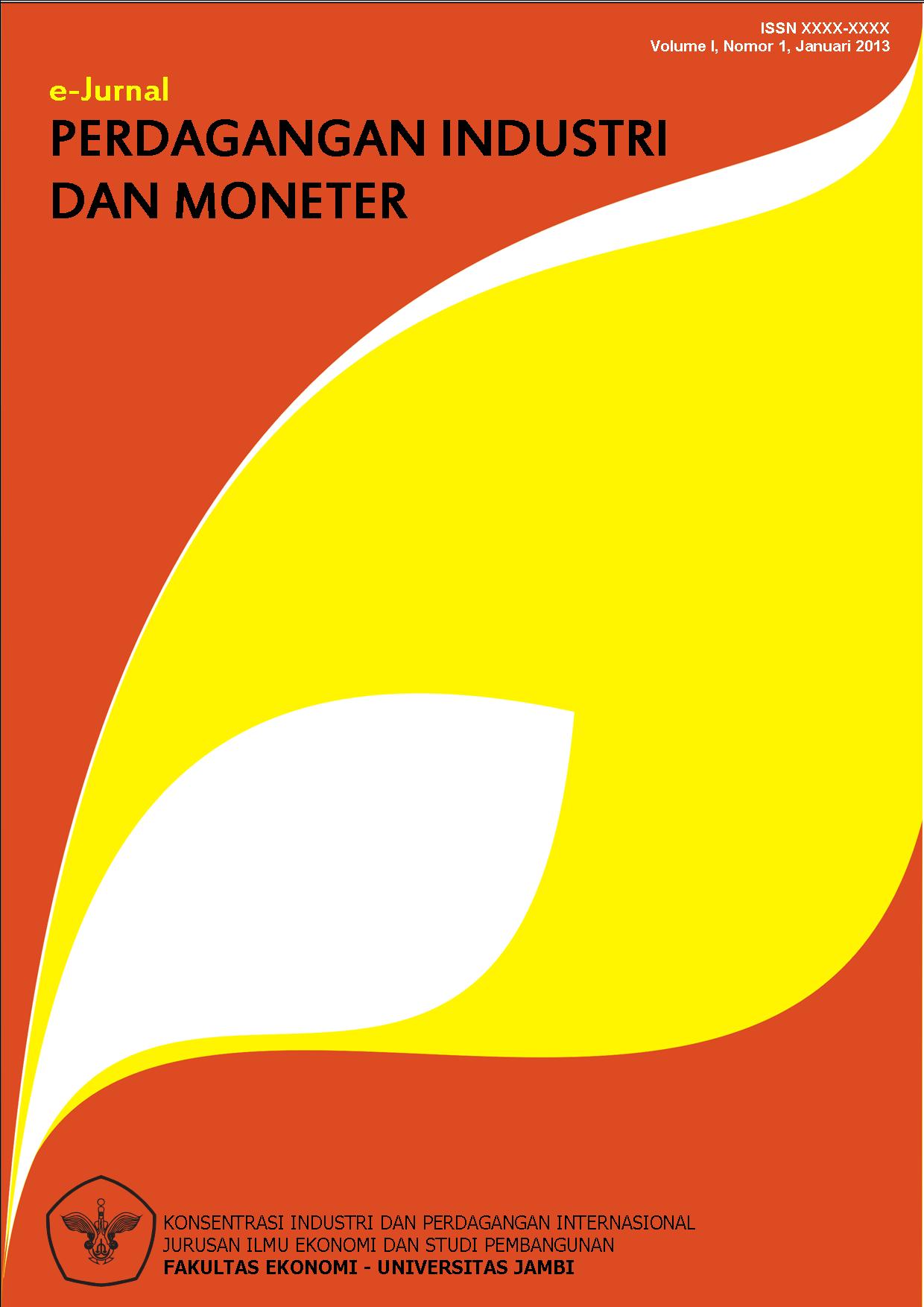Estimasi permintaan indeks harga saham gabungan di Indonesia
DOI:
https://doi.org/10.22437/pim.v8i2.13101Abstract
The purpose of this study is (a) to see the development of the composite stock price index, exchange rate, inflation, interest rates, and the money supply in Indonesia. (b) analyze the effect of the exchange rate, inflation, interest rate, and money supply on the composite stock price index in Indonesia. The method used in this study is a quantitative descriptive method with multiple linear regression analysis tools using the Ordinary Least Square (OLS) method. The data used is in the form of a time series. The results of this study average the development of the composite stock price index by 0.22 percent, the exchange rate by 2.57 percent, inflation by -0.90 percent, interest rates by -2.73 percent, and the Money Supply by 0.06 percent. Based on the results of the analysis conducted, exchange rates and interest rates have a negative and significant effect on the composite stock price index, inflation and the money supply have a positive and significant effect on the composite stock price index.
Keywords: Composite stock price index, Exchange rate, Inflation, Interest rates, Money supply.
Downloads
Downloads
Published
How to Cite
Issue
Section
License
Copyright (c) 2020 Ade Nugraha Paer, Syamsurijal Tan, Emilia Emilia

This work is licensed under a Creative Commons Attribution-ShareAlike 4.0 International License.








